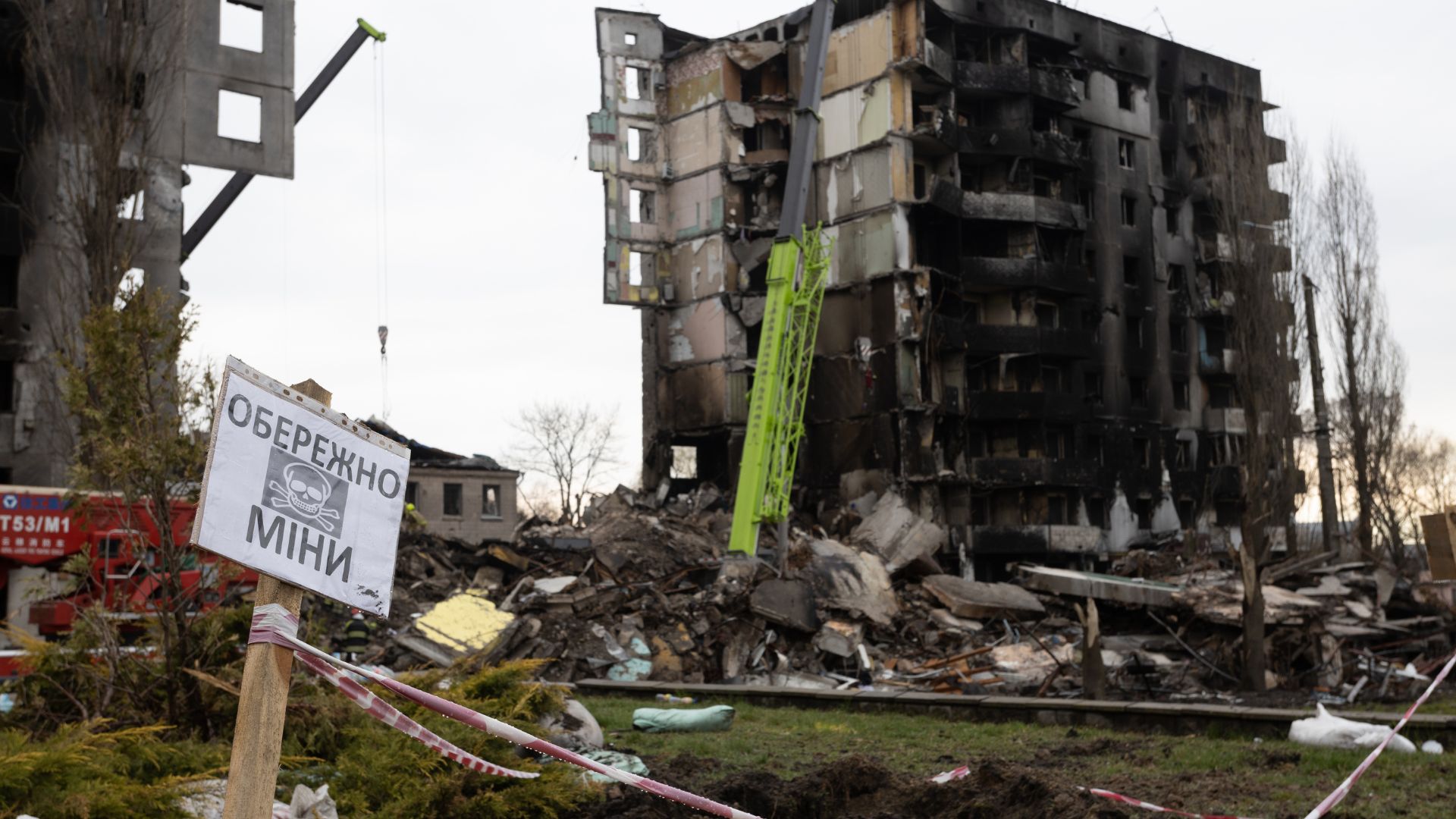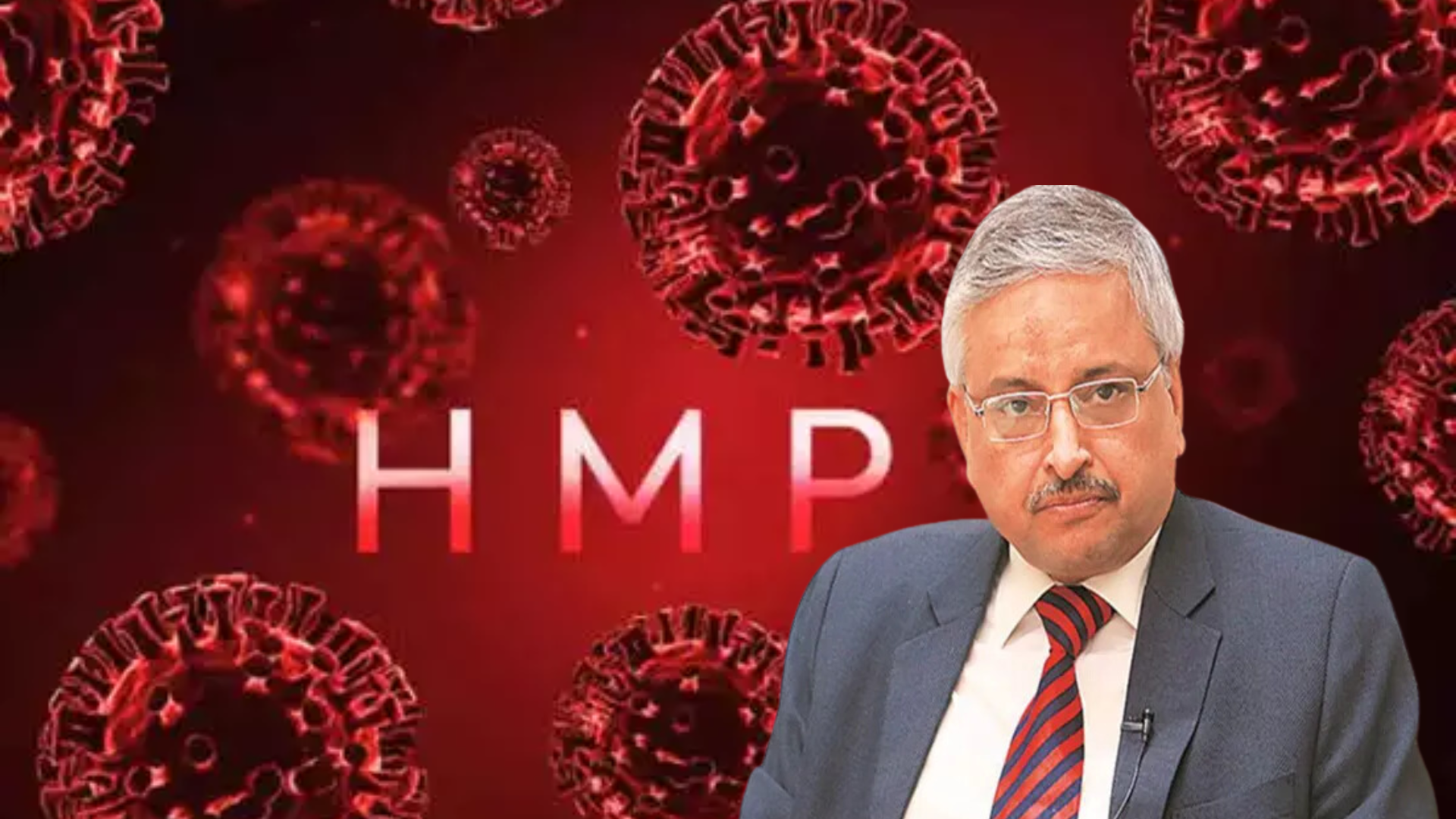Russia continues its tightening grip on dissenting voices, with a journalist sentenced to two years in prison for speaking out against Moscow’s military actions in Ukraine. The verdict comes amidst a broader crackdown on independent reporting, as police detain several other journalists over the course of 24 hours.
Mikhail Feldman, a journalist based in the western exclave of Kaliningrad, faced charges of discrediting Russia’s armed forces due to his social media posts on VKontakte. The court’s decision, in line with the prosecution’s demands, also includes a ban on Feldman administering websites for two years. This move is part of Russia’s broader effort to suppress any dissenting narratives regarding its campaign in Ukraine, with hundreds of individuals facing criminal cases for opposing official stances.
In a worrying trend, journalists who criticize the military offensive or report using sources other than those approved by the Kremlin face severe repercussions, including imprisonment. The situation escalated further as police in Moscow detained five independent journalists within a single day, with reports of one journalist being subjected to physical assault.
Antonina Favorskaya, a journalist with SOTAvision, was detained after serving a jail term for paying respects at the grave of opposition figure Alexei Navalny. Her colleagues, Alexandra Astakhova and Anastasia Musatova, were also apprehended while attempting to meet her upon release. Additionally, Ekaterina Anikievich from SOTAvision and Konstantin Zharov from RusNews were arrested while filming near Favorskaya’s residence, with Zharov recounting instances of physical violence inflicted by the police during the arrest.
Since the onset of the conflict in Ukraine, Russia has systematically silenced independent media outlets, forcing many journalists into exile while subjecting those who remain to grave risks. Notably, American journalists Evan Gershkovich and Alsu Kurmasheva are currently detained pending trial.
Amidst the crackdown, the legal net widens to ensnare associates of opposition figures like Navalny, with Olga Komleva, a volunteer at Navalny’s Ufa headquarters, facing pre-trial detention on “extremism”-related charges. This development underscores the broader pattern of targeting dissenters and stifling opposition voices within Russia.
As the Kremlin tightens its grip on information and dissent, the future for independent journalism in Russia appears increasingly perilous, with grave consequences for those who dare to speak out against the official narrative.


















